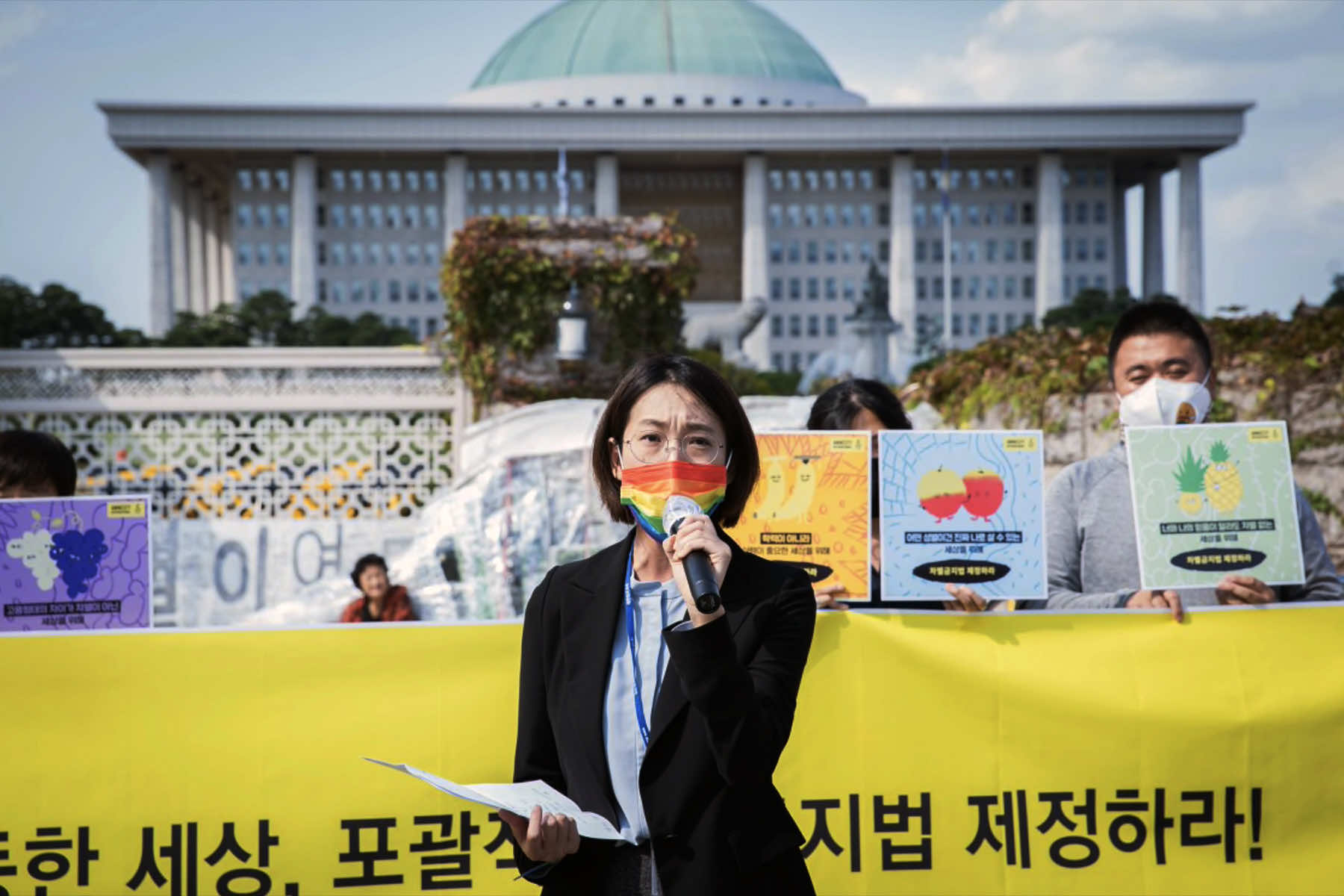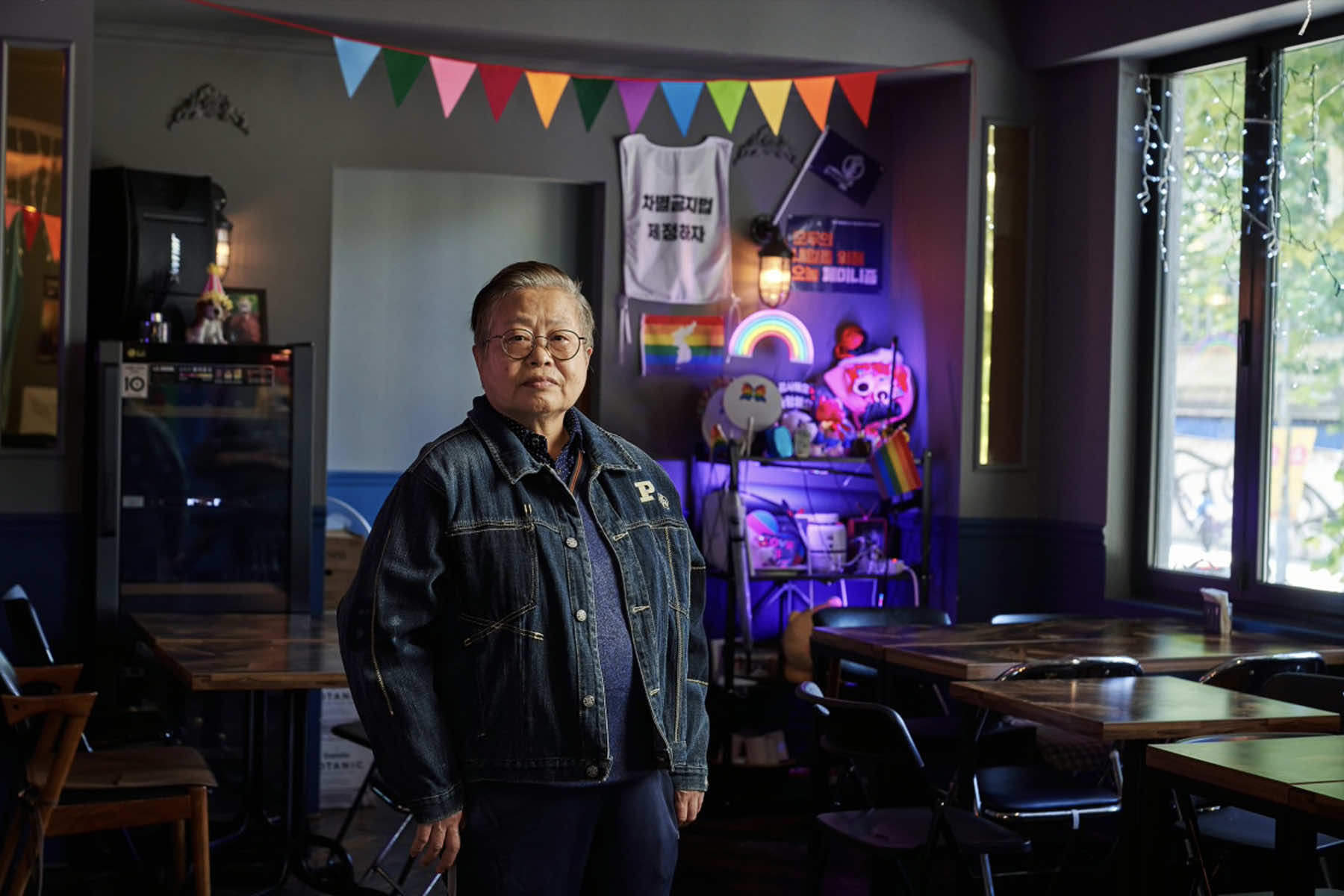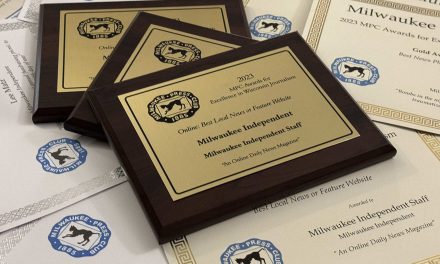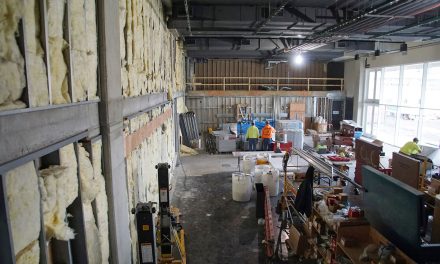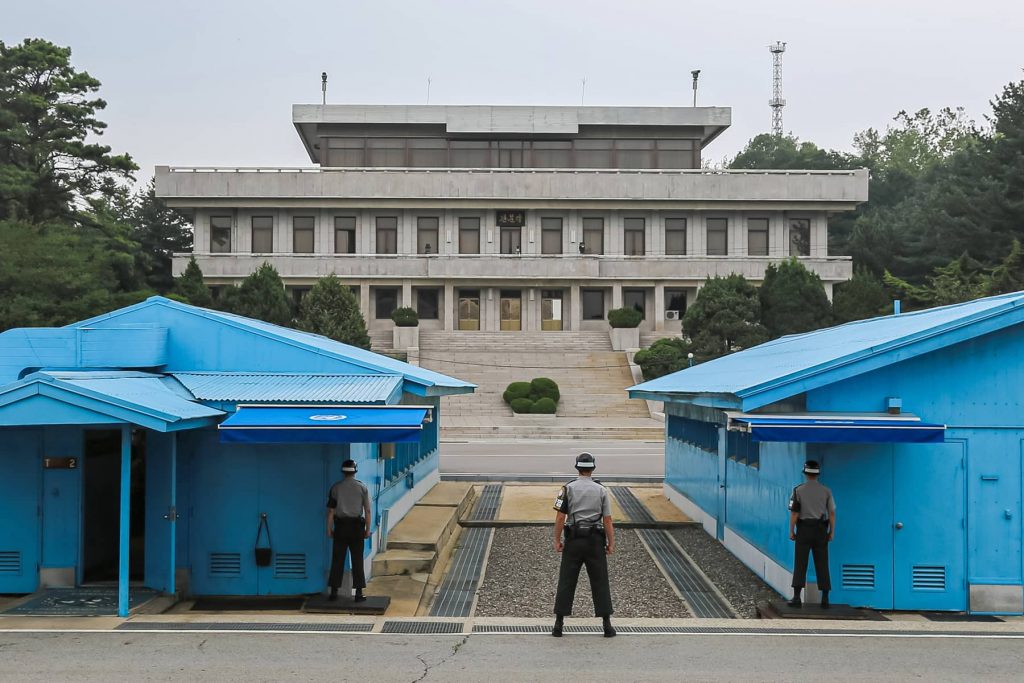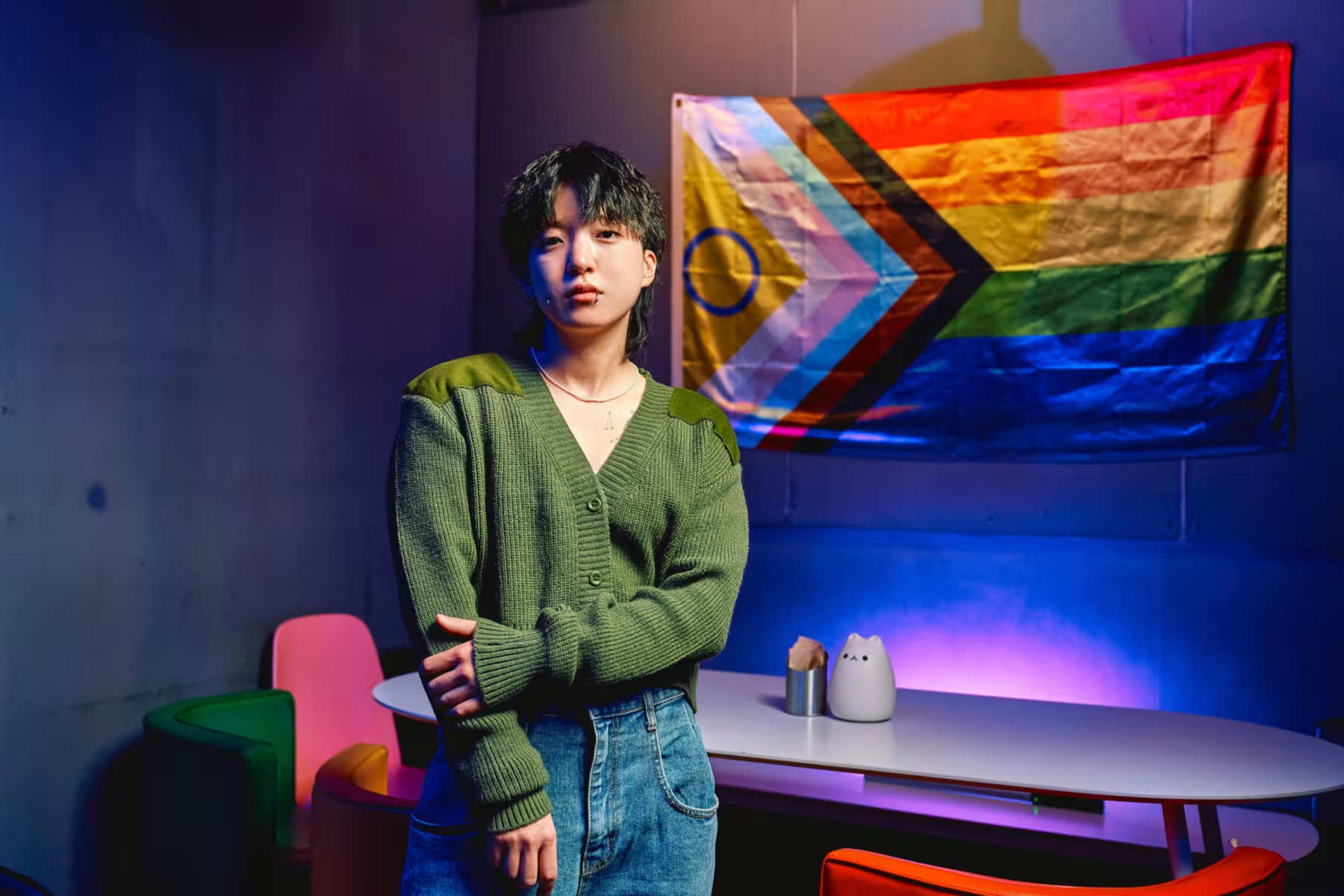
South Korea’s top court ruled in July that same-sex couples are eligible to receive the same health insurance benefits as heterosexual couples, a landmark verdict hailed by human rights groups.
The Supreme Court said it ruled that the state health insurance agency’s refusal to provide spousal insurance coverage for gay couples was an act of discrimination that violates the constitutional principle of equality.
The court ruling is final and cannot be appealed.
“The decision is a historic victory for equality and human rights in South Korea. The Court has taken a significant step towards dismantling systemic discrimination and ensuring inclusivity for all,” said Boram Jang for Amnesty International in a statement. “While this decision is a major milestone, the case itself is a sobering reminder of the lengthy judicial processes that same-sex couples must endure to secure basic rights that should be universally guaranteed. It is disheartening that in 2024, same-sex couples still face such significant barriers to equality.
So Seong-wook and Kim Yong-min held a wedding to publicly declare their relationship in May 2019. In February 2020, So Seong-wook successfully registered as his same-sex partner Kim Yong-min’s dependant after having lived together as a married couple.
After the couple’s story picked up media attention, the NHIS was quick to claim the registration as a ‘mistake’ and revoke So’s dependant status in October 2020. The NHIS subsequently asked So to pay back the spousal benefits during the period in which he had been considered a dependant.
Health care in South Korea is provided by the NHIS with generally every person living in the country being eligible for this public insurance scheme. Article 5(2)-1 of the National Health Insurance Act outlines that “spouses of the insured employee” are categorized as dependants of the insured.
The definition of “spouse” is not specified in the Act though the term has encompassed de facto marriage relationships, in accordance with NHIS internal guidelines. The insured person’s spouse is exempt from health insurance contributions.
So went on to initiate an administrative lawsuit against the NHIS regarding his status revocation. The Seoul Administrative Court ruled in favour of the NHIS on 7 January 2022 holding that same-sex unions are not the same as their heterosexual equivalent.
So appealed and on 21 February 2023 won in the High Court, overturning the ruling of the Seoul Administrative Court. The High Court deemed that denying spousal coverage to same-sex couples was discriminatory – a significant step towards achieving marriage equality in South Korea.
“South Korea should continue to embrace equality, diversity, and inclusiveness to ensure that every LGBTI individual can enjoy equal access to healthcare and social security benefits in the country,” added Jang.
Public views on gender issues in South Korea have gradually changed in recent years, but critics say the Asian country still has a long way to go compared with other developed countries. South Korea does not legally recognize same-sex marriages.
There are no specific anti-discrimination laws protecting LGBTQ individuals, leaving them vulnerable to discrimination in employment, housing, and services. However, recent legal battles have brought some attention to these issues. In 2020, a court ruled in favor of a transgender woman seeking to change her gender on official documents without undergoing surgery, marking a significant step toward legal recognition of gender identity.
One of the most contentious areas related to gender is military service. South Korea requires all able-bodied men to serve in the military, and this includes gay men. While the military code criminalizes same-sex relations among soldiers, labeling it as “indecent acts,” there have been calls for reform. In 2017, the issue garnered international attention when a military court convicted an army captain for having consensual sex with another man, sparking debates about LGBTQ rights in the military.
LGBTQ activists and organizations play a crucial role in advancing rights and acceptance. Groups like the Korean Queer Culture Festival (KQCF) and Solidarity for LGBT Human Rights of Korea are at the forefront, organizing events, providing support services, and advocating for legal and social reforms. These efforts have led to gradual changes, including more inclusive policies in workplaces and educational institutions.
Media representation of LGBTQ individuals has also improved in recent years, with more positive and nuanced portrayals in films, television shows, and K-pop. Celebrities like singer Holland and transgender model Harisu have openly discussed their identities, contributing to greater visibility. However, mainstream media often avoids directly addressing LGBTQ issues, and there are still tendencies to stereotype or sensationalize LGBTQ characters and stories.
MI Staff (Korea), with Hyung-Jin Kim
Lim Beom-sik, Lee Jin-man (AP), Suh Dae-yeon (Yonhap via AP), and Sungmin Cho, Papin Lab, PVince, Aoy Charin (via Shutterstock)
- Exploring Korea: Stories from Milwaukee to the DMZ and across a divided peninsula
- A pawn of history: How the Great Power struggle to control Korea set the stage for its civil war
- Names for Korea: The evolution of English words used for its identity from Gojoseon to Daehan Minguk
- SeonJoo So Oh: Living her dream of creating a "folded paper" bridge between Milwaukee and Korean culture
- A Cultural Bridge: Why Milwaukee needs to invest in a Museum that celebrates Korean art and history
- Korean diplomat joins Milwaukee's Korean American community in celebration of 79th Liberation Day
- John T. Chisholm: Standing guard along the volatile Korean DMZ at the end of the Cold War
- Most Dangerous Game: The golf course where U.S. soldiers play surrounded by North Korean snipers
- Triumph and Tragedy: How the 1988 Seoul Olympics became a battleground for Cold War politics
- Dan Odya: The challenges of serving at the Korean Demilitarized Zone during the Vietnam War
- The Korean Demilitarized Zone: A border between peace and war that also cuts across hearts and history
- The Korean DMZ Conflict: A forgotten "Second Chapter" of America's "Forgotten War"
- Dick Cavalco: A life shaped by service but also silence for 65 years about the Korean War
- Overshadowed by conflict: Why the Korean War still struggles for recognition and remembrance
- Wisconsin's Korean War Memorial stands as a timeless tribute to a generation of "forgotten" veterans
- Glenn Dohrmann: The extraordinary journey from an orphaned farm boy to a highly decorated hero
- The fight for Hill 266: Glenn Dohrmann recalls one of the Korean War's most fierce battles
- Frozen in time: Rare photos from a side of the Korean War that most families in Milwaukee never saw
- Jessica Boling: The emotional journey from an American adoption to reclaiming her Korean identity
- A deportation story: When South Korea was forced to confront its adoption industry's history of abuse
- South Korea faces severe population decline amid growing burdens on marriage and parenthood
- Emma Daisy Gertel: Why finding comfort with the "in-between space" as a Korean adoptee is a superpower
- The Soul of Seoul: A photographic look at the dynamic streets and urban layers of a megacity
- The Creation of Hangul: A linguistic masterpiece designed by King Sejong to increase Korean literacy
- Rick Wood: Veteran Milwaukee photojournalist reflects on his rare trip to reclusive North Korea
- Dynastic Rule: Personality cult of Kim Jong Un expands as North Koreans wear his pins to show total loyalty
- South Korea formalizes nuclear deterrent strategy with U.S. as North Korea aims to boost atomic arsenal
- Tea with Jin: A rare conversation with a North Korean defector living a happier life in Seoul
- Journalism and Statecraft: Why it is complicated for foreign press to interview a North Korean defector
- Inside North Korea’s Isolation: A decade of images show rare views of life around Pyongyang
- Karyn Althoff Roelke: How Honor Flights remind Korean War veterans that they are not forgotten
- Letters from North Korea: How Milwaukee County Historical Society preserves stories from war veterans
- A Cold War Secret: Graves discovered of Russian pilots who flew MiG jets for North Korea during Korean War
- Heechang Kang: How a Korean American pastor balances tradition and integration at church
- Faith and Heritage: A Pew Research Center's perspective on Korean American Christians in Milwaukee
- Landmark legal verdict by South Korea's top court opens the door to some rights for same-sex couples
- Kenny Yoo: How the adversities of dyslexia and the war in Afghanistan fueled his success as a photojournalist
- Walking between two worlds: The complex dynamics of code-switching among Korean Americans
- A look back at Kamala Harris in South Korea as U.S. looks ahead to more provocations by North Korea
- Jason S. Yi: Feeling at peace with the duality of being both an American and a Korean in Milwaukee
- The Zainichi experience: Second season of “Pachinko” examines the hardships of ethnic Koreans in Japan
- Shadows of History: South Korea's lingering struggle for justice over "Comfort Women"
- Christopher Michael Doll: An unexpected life in South Korea and its cross-cultural intersections
- Korea in 1895: How UW-Milwaukee's AGSL protects the historic treasures of Kim Jeong-ho and George C. Foulk
- "Ink. Brush. Paper." Exhibit: Korean Sumukhwa art highlights women’s empowerment in Milwaukee
- Christopher Wing: The cultural bonds between Milwaukee and Changwon built by brewing beer
- Halloween Crowd Crush: A solemn remembrance of the Itaewon tragedy after two years of mourning
- Forgotten Victims: How panic and paranoia led to a massacre of refugees at the No Gun Ri Bridge
- Kyoung Ae Cho: How embracing Korean heritage and uniting cultures started with her own name
- Complexities of Identity: When being from North Korea does not mean being North Korean
- A fragile peace: Tensions simmer at DMZ as North Korean soldiers cross into the South multiple times
- Byung-Il Choi: A lifelong dedication to medicine began with the kindness of U.S. soldiers to a child of war
- Restoring Harmony: South Korea's long search to reclaim its identity from Japanese occupation
- Sado gold mine gains UNESCO status after Tokyo pledges to exhibit WWII trauma of Korean laborers
- The Heartbeat of K-Pop: How Tina Melk's passion for Korean music inspired a utopia for others to share
- K-pop Revolution: The Korean cultural phenomenon that captivated a growing audience in Milwaukee
- Artifacts from BTS and LE SSERAFIM featured at Grammy Museum exhibit put K-pop fashion in the spotlight
- Hyunjoo Han: The unconventional path from a Korean village to Milwaukee’s multicultural landscape
- The Battle of Restraint: How nuclear weapons almost redefined warfare on the Korean peninsula
- Rejection of peace: Why North Korea's increasing hostility to the South was inevitable
- WonWoo Chung: Navigating life, faith, and identity between cultures in Milwaukee and Seoul
- Korean Landmarks: A visual tour of heritage sites from the Silla and Joseon Dynasties
- South Korea’s Digital Nomad Visa offers a global gateway for Milwaukee’s young professionals
- Forgotten Gando: Why the autonomous Korean territory within China remains a footnote in history
- A game of maps: How China prepared to steal Korean history to prevent reunification
- From Taiwan to Korea: When Mao Zedong shifted China’s priority amid Soviet and American pressures
- Hoyoon Min: Putting his future on hold in Milwaukee to serve in his homeland's military
- A long journey home: Robert P. Raess laid to rest in Wisconsin after being MIA in Korean War for 70 years
- Existential threats: A cost of living in Seoul comes with being in range of North Korea's artillery
- Jinseon Kim: A Seoulite's creative adventure recording the city’s legacy and allure through art
- A subway journey: Exploring Euljiro in illustrations and by foot on Line 2 with artist Jinseon Kim
- Seoul Searching: Revisiting the first film to explore the experiences of Korean adoptees and diaspora





